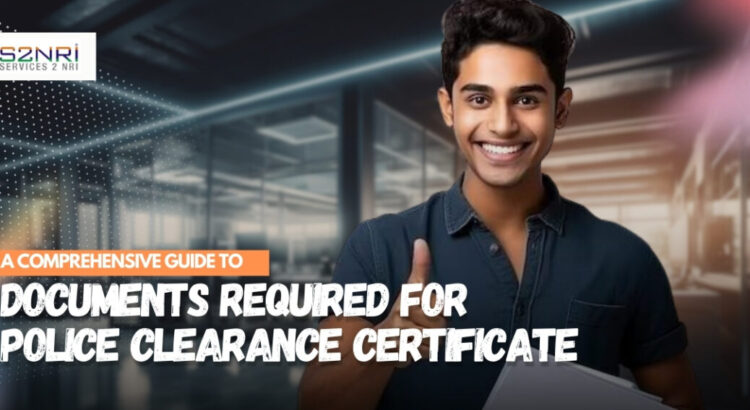A Police Clearance Certificate or PCC, is a legal document. This proves an individual’s criminal record history, if there is any in the jurisdiction where he or she comes from. Overall, it opens the door to visiting abroad for any reason. However, it is essential for someone who seeks employment, immigration, or has travel goals.
Every country has its own local regulations and process for issuing them. So, it’s advised to inquire with the authority, which can be a local administration where you live, about its issuance. Here is a guide to help you determine which documents you should enclose to obtain them.
Checklist of the Documents Required for a Police Clearance Certificate
Again, it’s requested to check with the governing authority, such as https://pcc.delhipolice.gov.in/QUESTIONARY.pdf, as to what documents are to be enclosed. Typically, these papers are required.
1.Identification Proof
The first and foremost requirement is a valid proof of your identification, which can be your passport, national identity card, or driving license. Any of these proofs can be helpful in discovering the true identity of the applicant.
2. Residential Proof
Residential proof can be a document that states your current residential address. Simply put, you can enclose your utility bill, rental agreement (for tenants), or government-issued papers that have your current address.
3.Passport
In the case of non-residents, a passport can be required. You can submit a copy of your passport. Focus on the pages that state your personal information, entry, exit stamps, and visa details. These pages will prove a milestone in verifying your travel history and also provide comprehensive background verification.
4.Visa and Entry/Exit Stamps
The next one is a visa, consisting of entry and exit stamps. This document proves the legal status and how long the person stayed in a particular country.
5.Fingerprint Cards
The impression of all ten fingers is also a must to submit while applying for a police clearance certificate. Many countries provide digital cards with these prints. And if there is no provision, the police authority asks for manual ink impressions so that the identity and conduct of the applicant can be verified.
6.Application Form
Most authorities or agencies responsible for issuing PCCs require applicants to fill out a designated application form. This form typically includes personal details, contact information, and declarations regarding criminal history.
7.Additional Documents
There may be certain cases where additional documents are required to be submitted to the issuing authority. These papers can be a birth certificate, marriage certificate, employment letter, etc. These papers guide authority in discovering the background of the applicant.
8.Consent Forms
This is again a rare case wherein the applicant may have to provide a consent form, stating the release of information to the relevant authorities that have conducted background checks. This type of document is essential for being in compliance with data protection regulations.
9.Photographs
This is a must-have, as applicants have to enclose their recent passport-sized photographs in the requisite format with the PCC application form. It verifies their facial identities and is also affixed to the certificate.0.
10.Processing Fees
This is actually not a document, but a way to obtain a receipt. There is a certain amount reserved for processing this application. You have to inquire about it beforehand or online from the official website of the authority in your jurisdiction.
Conclusion
Obtaining a police clearance certificate can be easier if you know the process beforehand. You should have your proof of identity, passport, photographs, birth certificates, and marriage certificates to apply. Enclosing these documents will ensure a hassle-free journey to obtain this certificate.











